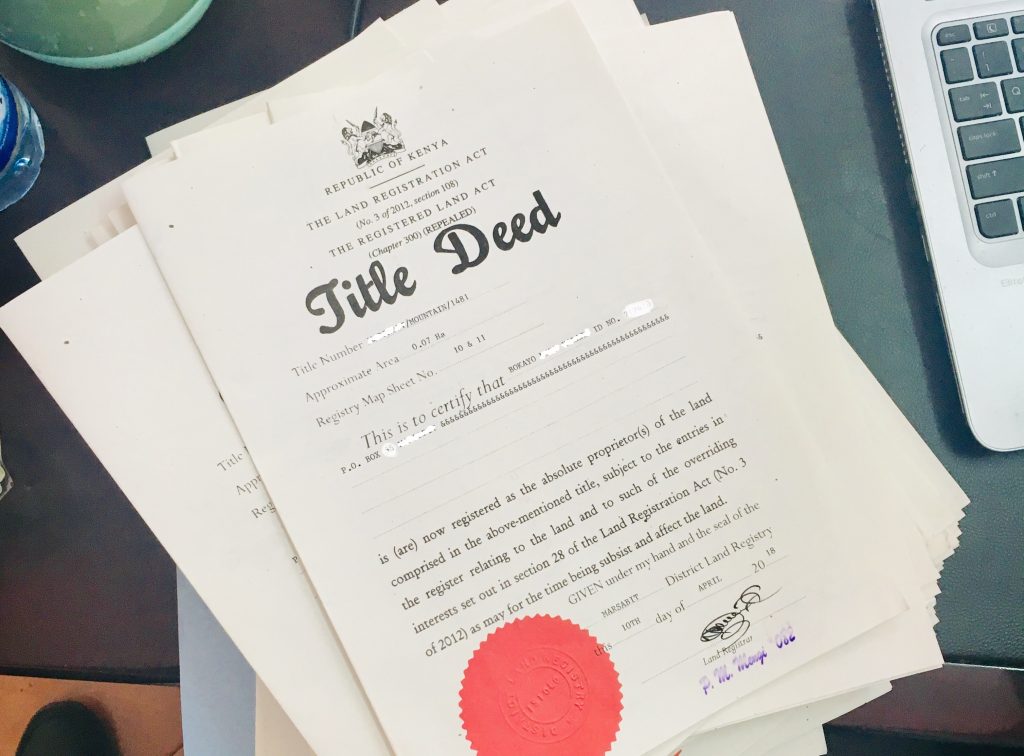Unlock the Secrets of Property Law
Are you curious about the ins and outs of property law? Looking for expert guidance to navigate the complexities of real estate transactions? Look no further! At KMP ADVOCATES LLP, we are passionate about property law and dedicated to helping you achieve your real estate goals. From buying and selling properties to lease agreements and property disputes, our experienced team of property law experts is here to provide you with the knowledge and guidance you need. We understand the value of your investments and strive to protect your interests every step of the way.

In the year 2021, Kenya's President, Uhuru Kenyatta ordered the cancellation of all ongoing and incomplete power purchase agreements being negotiated with the state distributor, Kenya Power. This was a move to tame steep power bills, which were partially due to idle capacity charges that compensate power generators for electricity that is generated but never used. Usually you would not have stayed long in the power sector before coming across the renowned PPA. So what is a Power Purchase Agreement (PPA)? A PPA is a document between a power producer and a buyer (e.g. a distriubution utility/offtaker) to purchase agreed quantities of energy for a fixed price over an identified period. It is the fundamental instrument to facilitate the sale and purchase of electrical power. The PPA is a document that contains legal, technical, financial and commercial terms. Based on the foregoing, in negotiating a PPA, a multi-disciplinary team should be part of the conversation. Apart from the lawyers, the finance, technical and commercial experts should be part of the discussion on both sides. This will ensure that you have a PPA where the risks have been properly allocated to the party most able to handle them and this contributes to making the PPA bankable. A bankable PPA is a long term offtake agreement executed with a creditworthy offtaker and having sufficient tenor to enable repayment of debt by providing an adequate and predictable revenue stream. A bankable PPA is one that lenders are willing to fund. Features of a PPA include:
1. Dispatch Risk (Take or pay / Take and pay)
2. Fixed Tariff / Escalation Clauses
3. Foreign Exchange
4. Change in Law and Change in Tax
5. Force Majeure
6. Dispute Resolution
7.Termination & Termination Payments
8. Assignment 9. Offtaker Payment Support
10. Transmission and Interconnection Risk
With an existing power plant, the Buyer (or offtaker) needs to sign the PPA and few other agreements to get power supply. Where a Buyer intends to procure electrical power from a power plant that is yet to be constructed, the PPA is catalyst or forerunner of the many other agreements that must be signed before the power project commences years ahead of when the project is completed and the offtaker eventually receives electrical power.
Data protection fundamentals are essential principles and concepts that form the basis of data protection practices. Understanding these fundamentals is crucial for individuals and organizations to ensure the privacy and security of personal data. Here are some key data protection fundamentals:
Data Privacy: Data privacy refers to the right of individuals to control their personal information. It involves determining who has access to data, how it is used, and for what purposes. Data privacy is a fundamental aspect of data protection.
Personal Data: Personal data includes any information that can directly or indirectly identify an individual. This can encompass a wide range of data, such as names, addresses, phone numbers, email addresses, IP addresses, and more.
Data Processing: Data processing refers to any operation or set of operations performed on personal data, whether automated or manual. This includes collecting, storing, organizing, structuring, retrieving, using, sharing, and deleting data.
Data Controller: The data controller is the entity or person responsible for determining the purposes and means of processing personal data. They are ultimately accountable for ensuring that data protection laws are followed.
Data Processor: A data processor is an entity that processes personal data on behalf of the data controller. They must follow the instructions of the data controller and ensure data security..


